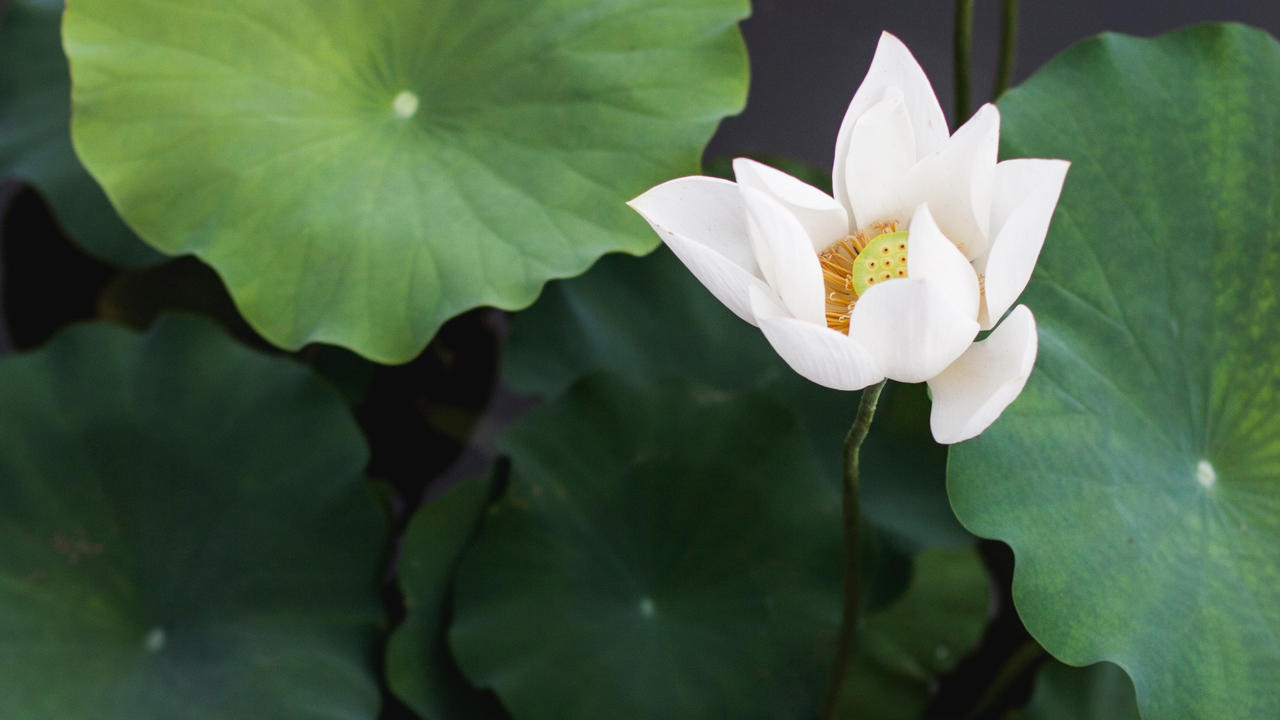Practice small acts of kindness

In Sura Zilzal, [99:7] Allah says: So. he who has done an atom's weight of good shall see it
Reflection: Scholars explain that this verse means that on the Day Man will recognize the impact of his actions – he will be shown the outcome of his good and bad actions on the Day. And the implication is that even the smallest of deeds will incur more reward than we can imagine.
The virtue of deeds with Him is never in the quantity but is always focused on the intention behind it. In other words, the smallest of good deeds done with a pure intention are weightier than the largest of deeds done for the wrong reasons, such as to look good, to attract accolades or to indebt others to ourselves. It also implies that two people may do the exact same action outwardly but the internal spirit of the action and therefore the reward may be very different based on the intention.
Why: The benefits to us for acts of altruism
When we do small acts of kindness, there are so many benefits that accrue to us immediately in this life. Up until recently social science research has been focused on the impact of receiving acts of generosity or kindness. For example, when physicians are kind to patients, they are more likely to recover faster. Marital love is a protective factor for heart disease etc. It is only in recent years that interest has shifted to the performer of small acts of kindness and altruism. Research has shown that regularly doing small acts of kindness, good deeds or altruism has major impacts on our own health and wellbeing and that on the larger society as well. There is loads of credible research on the physical and emotional health benefits of volunteering for example.
Interestingly, the research also suggests that the positive benefits of volunteering don't come from what is called "dry action" -- where the act is out of duty in the narrowest sense, like writing a check for a good cause. It comes from working to cultivate a generous quality -- from interacting with people. There is the smile, the tone in the voice, the touch on the shoulder. We're talking about altruistic love.This seems to suggest that the intention with which you are doing the good deed, matters even in this world.
Brain chemicals also enter into this picture of altruism. A recent study has identified high levels of the "bonding" and healing hormone oxytocin in people who are very generous toward others. Oxytocin is the hormone best known for its role in preparing mothers for motherhood. Studies have also shown that this hormone helps both men and women establish trusting relationships.
According to this research, it would suggest that we "see" the impact of our good actions even in this world.
How: We are told to seize opportunities to do good actions because opportunities are like clouds, they leave just as soon as they come.
We can make a habit of reaching out to do something for someone every single day, people within and outside our regular circle of family and friends.
Once we start these small acts of kindness on a regular basis, it is easy to make them into habits because we enter a state called "the helper's high" – the more acts of kindness we do, the better we feel and this in turn leads to doing more acts of kindness. Here is an older post about the same topic.
Join our blog!
Join our mailing list to receive the latest news and updates from our team.
Don't worry, your information will not be shared.
